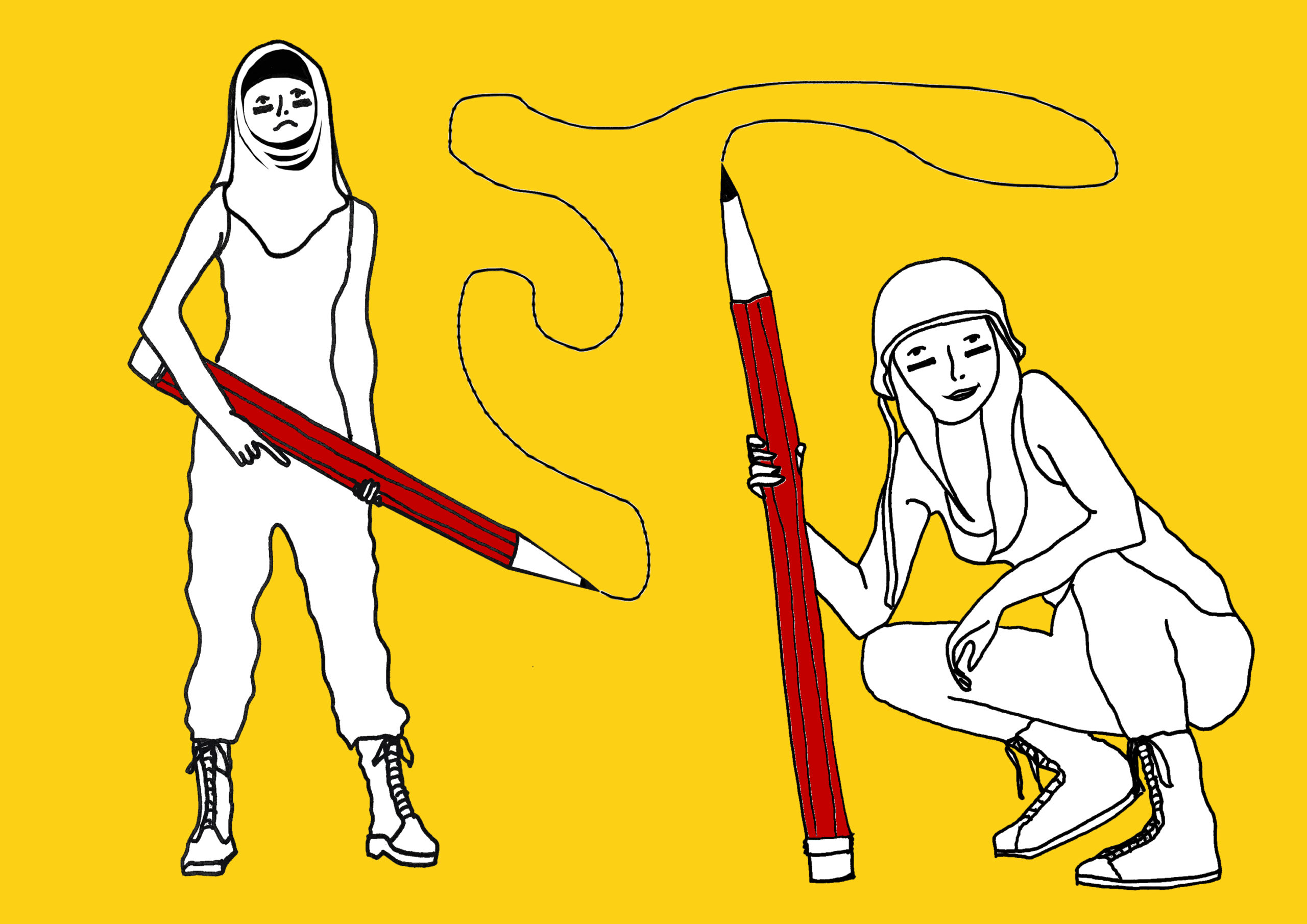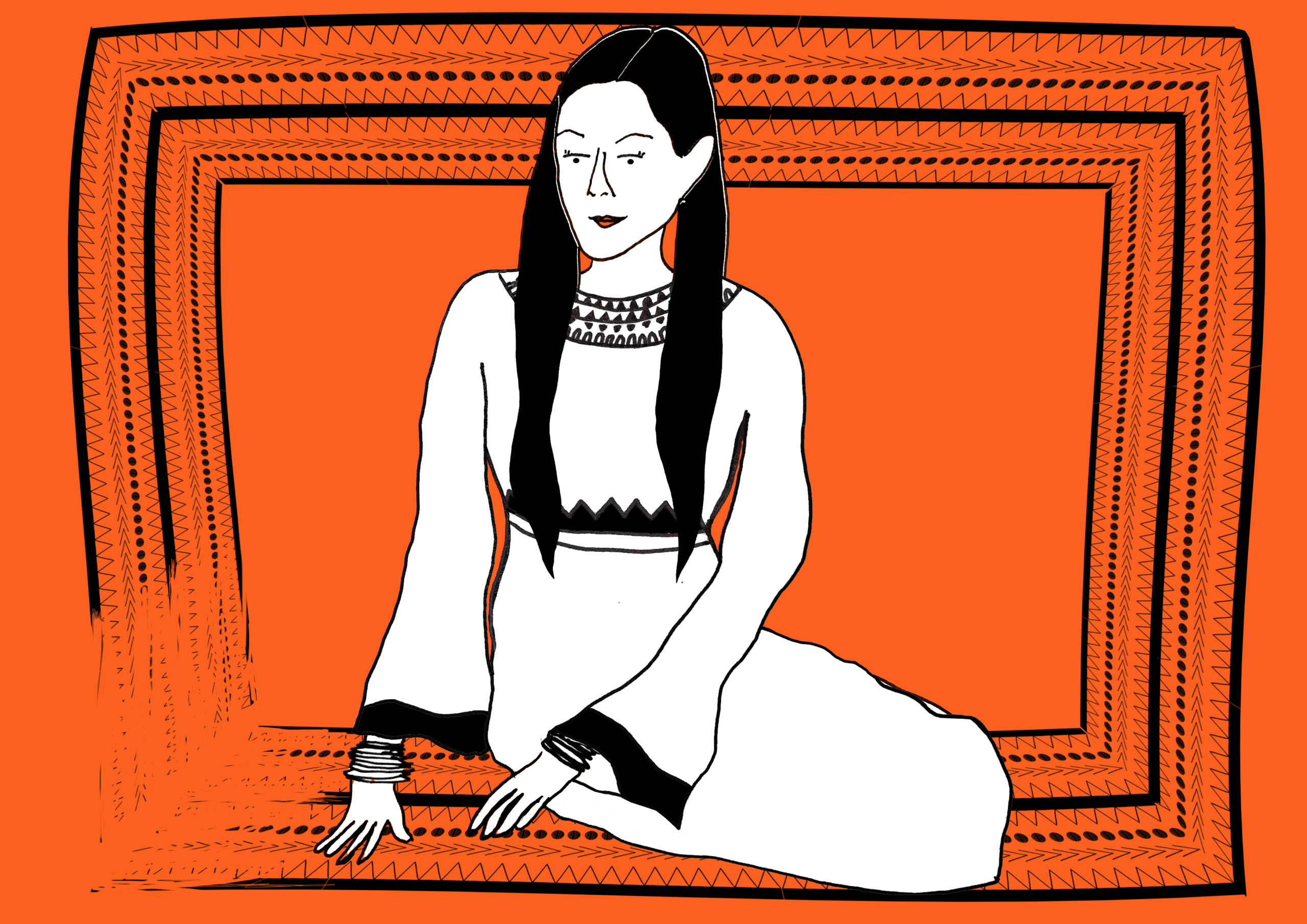
Editorial

This week-long campaign may be tied to International Women’s Day, but it is so much more than that. After much debate and discussion, we settled on the theme of “Recognising Resilience,” because it demonstrates a quality that all of the subjects of this week’s stories have in common.
To us, resilience means covering stories not solely related to violence and helplessness — we see enough of that in the daily news. Instead, we went looking for pieces that changed the narrative and showed people going beyond the expectations they are so often burdened with, exhibiting their strength and solidarity.
Throughout Southeast Asia, sexual violence survivors, women of colour, disabled women, trans women, non-binary folks, and queer women all exemplify the strength and empowerment that we believe captures the lifeblood of a changing region.

Editorial

Art

Labour rights

Tradition

Rohingya crisis
As the Editorial Channel Manager at the Southeast Asia Globe, I have a longstanding passion for social justice and women’s rights. To me, Recognising Resilience is about smashing stereotypes, challenging mainstream perceptions of what women are and aren’t, as well as celebrating women, not victimising them. The media has a powerful role to play in shaping public perceptions, so ultimately, the responsibility lies with us journalists to represent women justly and capture their resilience, strength, and solidarity. As a woman myself, I recognise how nuanced and complex our experiences are, so I wanted to work on a project with my co-worker Sam that ultimately honours women and highlights how far we’ve come.
I’m a journalist based in Phnom Penh with the Southeast Asia Globe. From Canada to Cambodia, I have long been passionate about covering issues of health, environment and gender inequity, all topics that were deeply embedded in my political science degree. When Julija and I hatched the idea for this weeklong editorial project, we knew we wanted to honour the women of the region with a set of content that would inspire and empower. Media no longer has the option of covering intersectional gender issues — it is an absolute necessity and a responsibility.
I’m a Leverhulme Early Career Fellow at Royal Holloway, University of London, researching the intimate geopolitics of gender, work and activism in global fast fashion production. I’ve spent more than a decade now learning about the domestic and working lives of women in Cambodia’s garment industry: lives that are hidden from view of consumers in places like the UK, US and EU, – on the other end of the supply chain.
Although worldwide the fashion industry is worth US$1.8 trillion annually and company profits are often huge, the workers who make our clothes and shoes – mostly women in developing countries – still don’t receive a living wage for work undertaken in hazardous conditions. For me, journalism is one way to get the stories and demands of working women and union activists to reach a broader audience. I hope that by making visible the overlooked aspects of life and work in fast fashion supply chains, the support of the public and policy-makers for a more just and sustainable global industry can be galvanised to transformative effect.
I’m a freelance writer in Malaysia with over 12 years of experience and publication credits in national newspapers, magazines and trade publications. If I could have my way, I’d dedicate a huge chunk of my writing life to journalism as it gives me the opportunity to investigate and write about topics that matter to me. I find it impossible to separate and disengage from women’s issues as a woman myself who is affected by unfair laws and social norms that favour men. Women’s issues also have far-reaching consequences that shape the kind of communities and society we live in. I think it’s great to have special projects and coverage on International Women’s Day like this one, but it also needs to be emphasised that women’s rights is a universal issue that affects everybody and it deserves regular attention to become widely accepted.
As a freelance journalist based in Manila, I write to make sense of the world and bring to light stories that deserve to be told. Women issues are important because society often overlooks their perspectives. Writing about gender issues helps pave the way to empowering women, giving justice to the work, sacrifices and experiences of women.
Today, the media is the best medium to shift our gaze to women who play an integral role in contributing to our society and way of life. Every word, byline, story and issue published by the media can serve as a call to action for the public to learn something new.
As an illustrator at Southeast Asia Globe, I really enjoy being part of the creative team and interactive process to design our newsletter to visually promote more about women’s rights issues. In addition, as a designer, I hope to see women enjoy equal rights and follow their heart in whatever they want to achieve.
Illustrator commissioned by Southeast Asia Globe, based in Ho Chi Minh City.